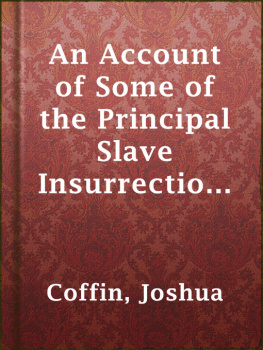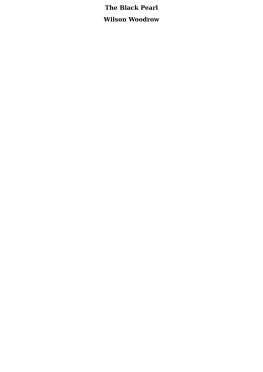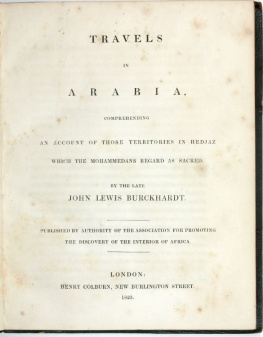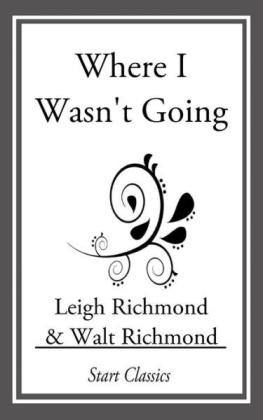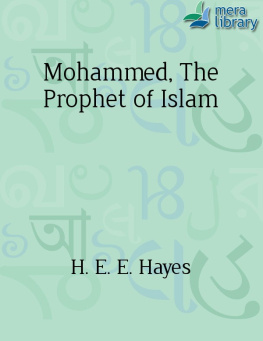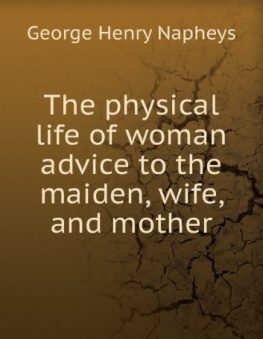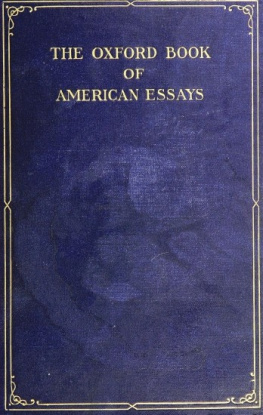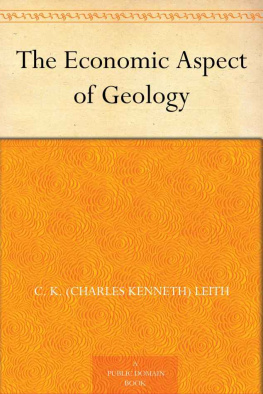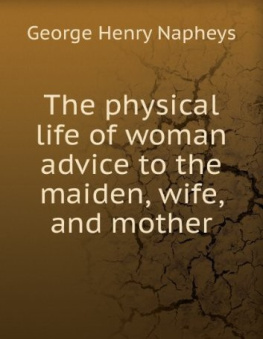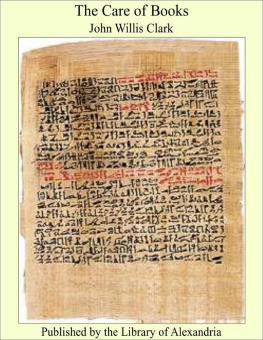The Project Gutenberg EBook of An Account of Some of the Principal SlaveInsurrections, by Joshua Coffin
This eBook is for the use of anyone anywhere at no cost and withalmost no restrictions whatsoever. You may copy it, give it away orre-use it under the terms of the Project Gutenberg License includedwith this eBook or online at www.gutenberg.org
Title: An Account of Some of the Principal Slave Insurrections, and Others, Which Have Occurred, or Been Attempted, in the United States and Elsewhere, During the Last Two Centuries.
Author: Joshua Coffin
Release Date: June 16, 2006 [EBook #18601]
Language: English
*** START OF THIS PROJECT GUTENBERG EBOOK PRINCIPAL SLAVE INSURRECTIONS ***
Produced by Thanks to The University of Michigan's Makingof America online book collection(http://www.hti.umich.edu/m/moa/).
AN ACCOUNT
OF
SOME OF THE PRINCIPAL
SLAVE INSURRECTIONS,
And others, which have occurred, or been attempted,
in the United States and elsewhere, during
the last two centuries.
With Various Remarks.
* *
Collected from various sources by
Joshua Coffin.
* *
NEW YORK:
Published by the American Anti-Slavery Society.
1860.
Republished by
Negro History Press P. O. Box 5129 Detroit, Michigan 48236
TO THE READER.
The subsequent collection of facts is presented to your notice, withthe hope that they will have that effect which facts always have onevery candid and ingenuous mind. They exhibit clearly the dangers towhich slaveholders are always liable, as well as the safety ofimmediate emancipation. They furnish, in both cases, a rule whichadmits of no exception, as it is always dangerous to do wrong, andsafe to do right. Please to examine carefully the whole account ofthe revolution in St. Domingo, beginning in March, 1790, and endingin 1802. That exhibits a different picture from that presented in aspeech made at the Union-saving meeting lately held in Boston. A partof the truth may be so told as to have all the effect of a deliberatelie.
SLAVE INSURRECTIONS.
* *
And they said one to another, We are verily guilty concerning ourbrother, in that we saw the anguish of his soul when he besought us,and we would not hear; therefore is this distress come upon us.Gen.42:21.
Thus said the Lord my God, Feed the flock of the slaughter, whosepastors slay them, and hold themselves not guilty; and they that sellthem say, Blessed be the Lord, for I am rich; and their own shepherdspity them not.Zech. 11:4, 5.
He that stealeth a man, and selleth him, or if he be found inhis hand, he shall surely be put to death.Ex. 21:16.
The late invasion of Virginia by Capt. John Brown and his companyhas, with all its concomitant circumstances, excited more attentionand aroused a more thorough spirit of inquiry on the subject ofslavery, than was ever before known. As this is pre-eminently a moralquestion, and as there is no neutral ground in morals, allintelligent men must ultimately take sides. Every such man musteither cherish and defend slavery, or oppose and condemn it, and hisvote, if he is an honest man, must accord with his belief. On aquestion of so momentous importance, "Silence is crime." It demandsand will have a thorough investigation, and all attempts to stiflediscussion will only accelerate the triumph of the cause they weredesigned to crush. Thus the denunciation in Congress of Mr. Helper'sbook, which is in substance only an abstract of facts taken from thelast census of the United States, has operated as an extensiveadvertisement, and will be the means of circulating thousands ofcopies, where, without such denunciation, it would never have beenknown. There is in the North, as well as the South, a class of menwho act, apparently, on the supposition that those who foresee andforetell any calamity are as guilty as those who create it, and thatthe only way to obviate any impending danger is not to see it. Suchpersons not only refuse to see and hear themselves, but do what theycan to keep their neighbors in like ignorance.
It has been truly said that "the power of slavery lies in theignorance, the degradation, the servility of the slaves, and of thenon-slaveholding whites of the South, and of the correspondingclasses in the Free States. It is through this ignorance and servilitythat the slaveholders manage to dictate to ecclesiastical bodies, tohave power to control pulpits, presses, Colleges, TheologicalSeminaries, and Missionary and Tract Societies." To keep the blacksand non-slaveholding whites in ignorance is, doubtless, the reasonwhy such pains are taken in Congress to prevent the circulation ofHelper's book at the South, which was compiled by a non-slaveholderfor the special benefit of the men of his class. The population ofthe Free States is now about eighteen millions; of the Slave States,eight millions. The slaves number about four millions, who are heldas property by only 347,545 persons, men, women and children. Thisnumber, small as it is, constituting about one sixth part of theUnited States, have thus far controlled the legislation of thecountry. How this power has been acquired is easily understood whenwe examine the false ideas respecting slavery which are everywhereprevalent; such as the weakness of the public conscience, in theabsence of a practical and experimental knowledge of the truth ofGod's wordin the atheistic notion, prevailing even in the Churchand in the ministry, that the unrighteous enactments of wicked me areparamount in authority to the commandments of the Great Jehovah.Hundreds of clergymen, in all parts of the Union, profess to believethat the Bible sanctions American slavery,a system which, ofnecessity, cannot exist without a continual violation of everycommandment of the Decalogue.
If the Bible sanctions slavery, (as many profess to believe,) whydoes not the God of the Bible sanction it? In other words, if slaveryis sanctioned by the revealed will of God, why are not thedispensations of his providence in accordance with that will? Couldit be fairly proved that slavery is in accordance with the will ofGod, it must necessarily follow that obedience to his will is notonly highly advantageous, but perfectly safe; for, surely, noChristian can, for a moment, believe that the providence of God evermilitates against the precepts of his word. As, however, theconsequences of slavery have been, in all cases, when not averted bytimely repentance, disastrous in the extreme, it is thereforeundeniably evident that slavery is in direct opposition to therevealed will of God, and, consequently, that those who so violentlyoppose the abolition of slavery, for fear of supposed dangerousconsequences, may truly be said "to know not what they do." The truthon this subject is so plain, and the facts so abundant, that he whoruns may read, and know to a certainty the entire safety of immediateemancipation; and that danger arises from liberty withheld, and notfrom liberty granted. The general opinion seems to be, that themoment you proclaim "liberty to the captive," and make the slave afreeman, be the conditions and restrictions what they may, thatmoment you make him a vagabond, a thief, and a murderer, whom nothingwill satisfy but the blood of those who had been so "fanatical andinsane" as to treat him like a human being. Whence this opinion isderived, no one can tell; for it is in direct opposition to reason,common sense, the nature of the human mind, and is entirelyunsustained by facts. Indeed, so far as the evidence of facts isconcerned, the advocates of immediate abolition have a completemonopoly. All experience proves two things, viz., the entire safetyof immediate emancipation, and that all danger has arisen from itsindefinite postponement; for this is really the true definition ofgradual emancipation.
Next page
